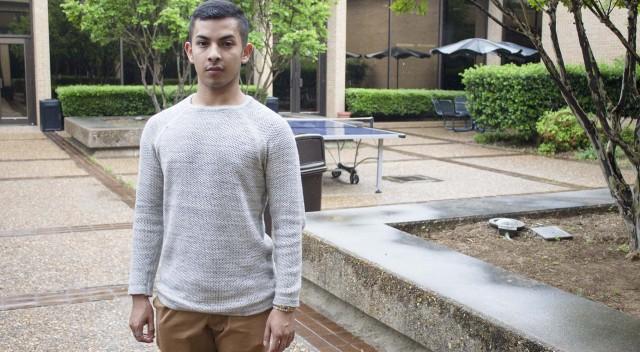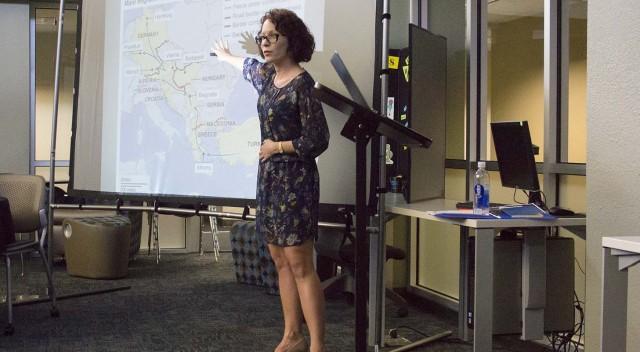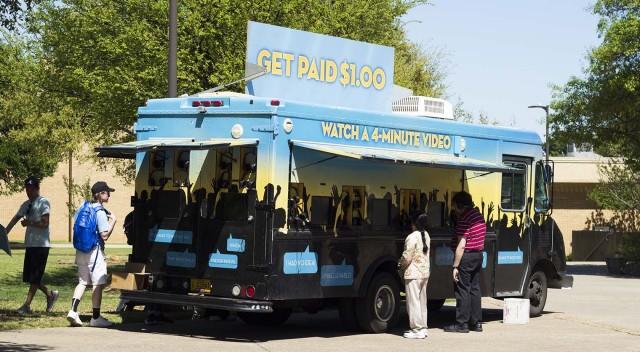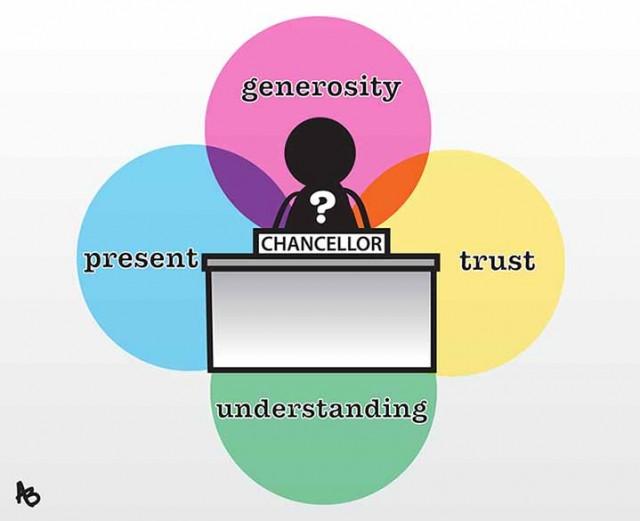By Colt Taylor/ reporter
Dating violence can happen to anyone, so knowing how to recognize and react to it can help students protect themselves and prevent it from happening to others.
Charity Watson, a community education trainer for the Women’s Center of Tarrant County, spoke March 29 on SE Campus about the different categories of abuse.
Watson defined sexual harassment as any disrespectful behavior of a sexual nature be it verbal or physical. She said the law is not concerned with what was intended but how the victim interpreted the behavior.
Sexual abuse is defined as any tricked, forced, manipulated or coerced activity for the pleasure of the abuser. This is usually a relationship of power and control, Watson said. Abusers are usually older, larger or hold some status over the other person who grants them this control.
Sexual assault is identical to rape, Watson said, and is defined as any penetration, anally, orally or vaginally with a body part or object that is forced or without consent.
Consent is the presence of a yes not the absence of a no, Watson said. Consent can be withdrawn at any time for any reason, and it is illegal to receive consent from anyone under the influence of alcohol or drugs. To ensure consent is clearly given or not, the two should have a conversation prior to engaging in sexual activities.
“Eighty-two percent of the time, the victim knows the attacker, 90 percent for people 14 to 24 years of age,” Watson said.
Watson played a video that listed a number of ways to help reduce the risk of sexual assault, including the buddy system of bringing a friend along and speaking out when things don’t feel right as two deterrents.
Victims of sexual assault rarely speak out about their experience. Often this is for fear of being judged or blamed, Watson said. Only 37 percent of victims in Texas report the crime. In other cases, victims don’t report for fear of implicating themselves in other crimes.
“Police will not prosecute sexual assault victims for underage drinking,” she said.
Victims of sexual assault should try to reach a hospital within 120 hours, or five days. Not only will this protect the victim’s health, but if the victim avoids showering or using the bathroom beforehand, a forensic exam can be performed to collect evidence if the victim chooses to report the incident or press charges.
Under Texas state law, if a sexual assault victim reaches a hospital with 120 hours, the forensic exam cost will be covered whether the victim chooses to report the rape or not, Watson said.
The Women’s Center works with victims who have been sexually abused or assaulted and is not just for females. The center offers free counseling to help victims recover even if the event happened years ago. The Women’s Center has a 24-hour hotline at 817-927-2737 that will take calls anonymously.





























